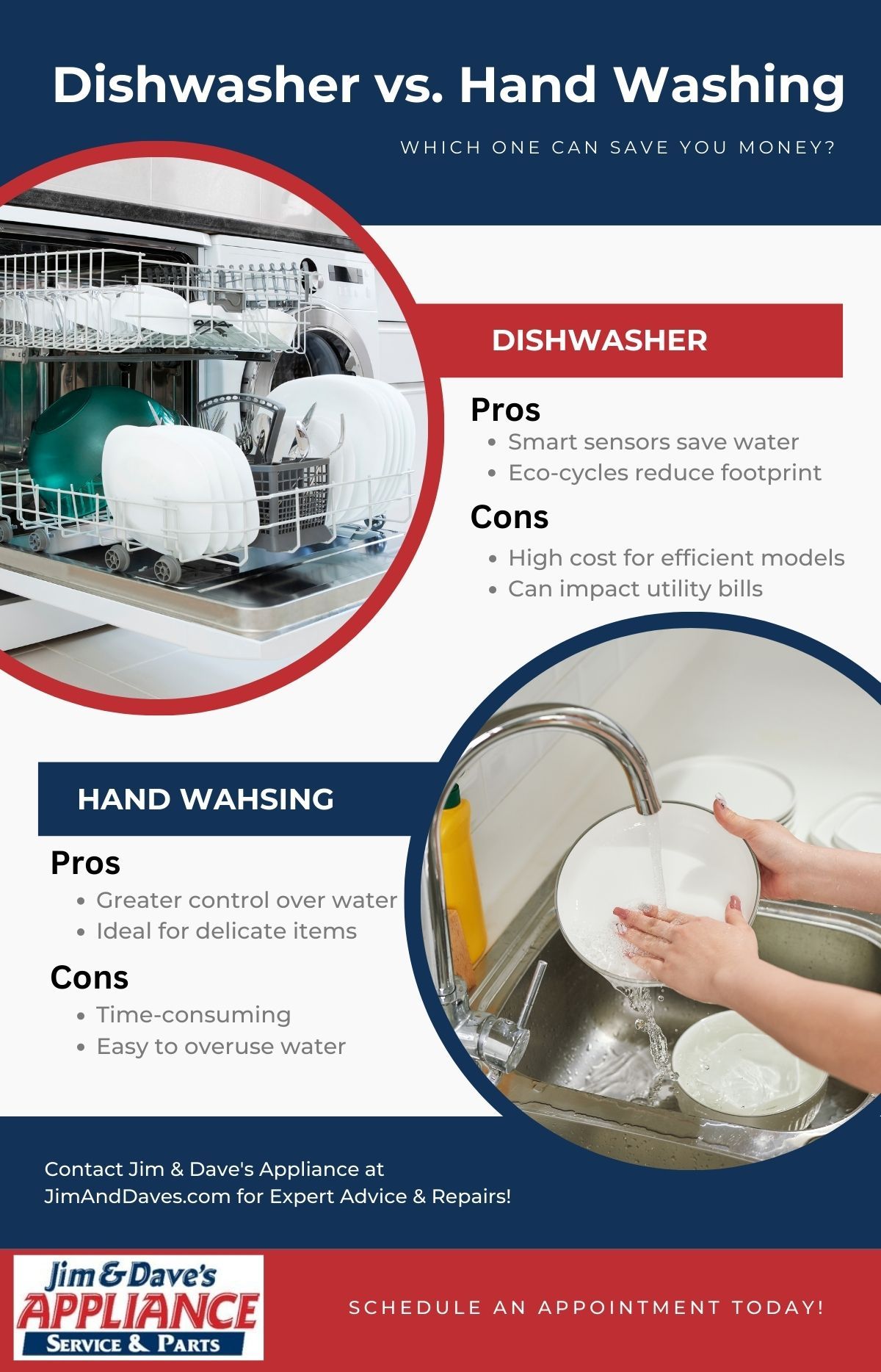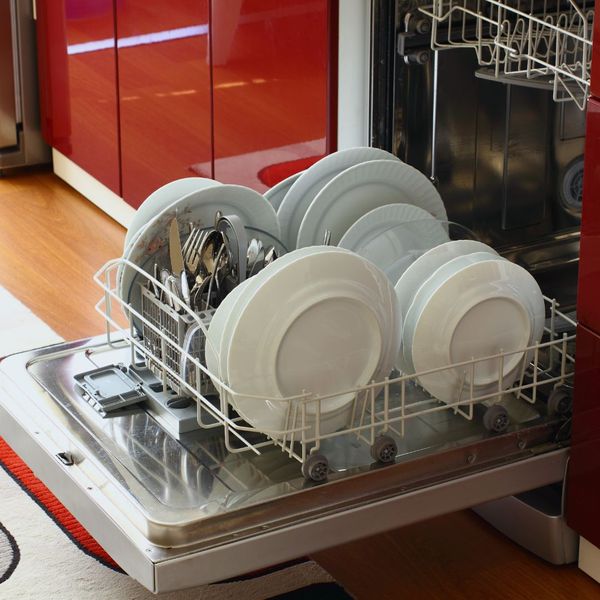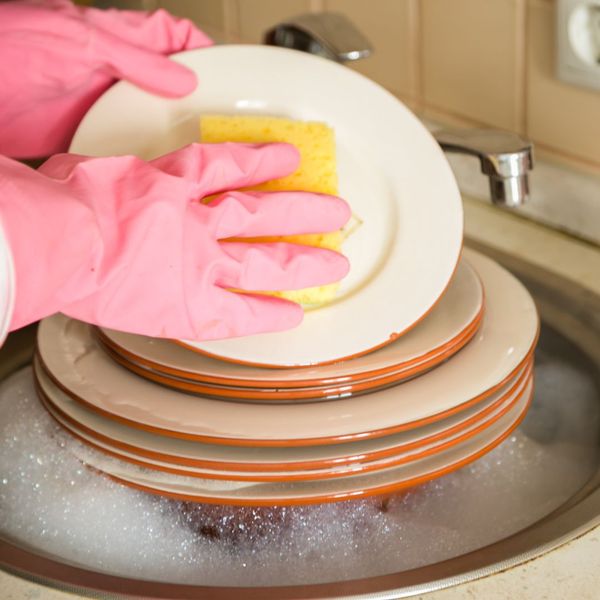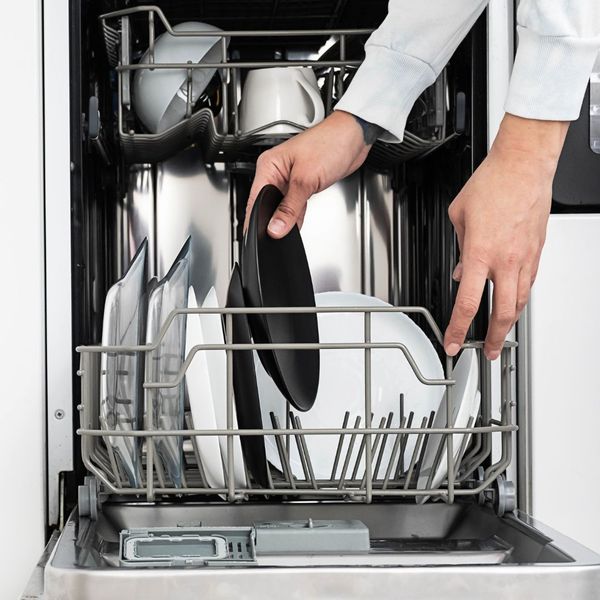As your go-to home appliance repair company in Northern Colorado, Jim & Dave’s Appliance is always dedicated to providing you with helpful insights to improve your appliance usage and save you money. Today, we dive into a common household debate: dishwasher or hand washing — which is more cost-effective for your water bill? We understand that your water usage is an essential aspect of managing your utility expenses. So, let's take a closer look at the pros and cons of each method to help you make an informed decision.
Dishwasher or Hand Washing: Which Is Better for Your Water Bill?
Dishwasher or Hand Washing: Which Is Better for Your Water Bill?


The Case for Dishwashers
Dishwashers have come a long way since their inception, and modern units are engineered to be highly water-efficient. They are designed to deliver just the right amount of water needed to clean your dishes thoroughly. Most dishwashers now have smart sensors that detect the level of soiling and adjust the water usage accordingly, reducing wastage significantly.
Additionally, when you hand wash dishes, it's easy to overlook just how much water you're using. You might leave the faucet running while you scrub, rinse, and repeat, resulting in excessive water consumption. With a dishwasher, you have better control over water usage, and some models even offer eco-friendly cycles that use less water and energy, further reducing your ecological footprint.

The Case for Hand Washing
While dishwashers have their advantages, hand washing can also be a viable option, especially for those with older dishwasher models that might not be as water-efficient. With hand washing, you have greater control over water usage, and you can choose to wash dishes in a basin or with a dishpan, reducing water waste.
Additionally, some people prefer hand washing as it allows them to immediately address tough stains or delicate items, ensuring better results. It can be particularly beneficial for certain items that are not dishwasher-safe or have sentimental value.

Crunching the Numbers
On average, a dishwasher uses around 3 to 12 gallons of water per cycle, depending on the model and cycle selected. In contrast, hand washing typically consumes about 8 to 27 gallons of water for a typical 10-minute washing session.
If you hand wash dishes twice a day, that could add up to 16 to 54 gallons of water, while a dishwasher would use only 6 to 24 gallons for the same number of cycles. Based on these figures, it's evident that using a dishwasher can result in substantial water savings over time.

The Verdict
When it comes to the battle of the water bill, the dishwasher takes the lead. With its water-efficient technology and ability to handle larger loads, a modern dishwasher can significantly reduce your water usage compared to hand washing. However, it's essential to be mindful of your dishwasher's age and energy efficiency rating.
To ensure your dishwasher continues to operate efficiently and conserve water, regular maintenance is crucial. Routinely clean the filter and spray arms to prevent clogs that can lead to increased water usage. Inspect the seals for any leaks, as even a minor leak can cause significant water wastage over time. If you notice any issues, don't hesitate to reach out to Jim & Dave's Appliance for our expert dishwasher repair service.
At Jim & Dave's Appliance, we are committed to providing you with valuable insights to help you make informed decisions about your home appliances. If you're considering upgrading to an energy-efficient dishwasher or need any repairs, our dedicated dishwasher repair service team is here to assist you promptly and professionally.
